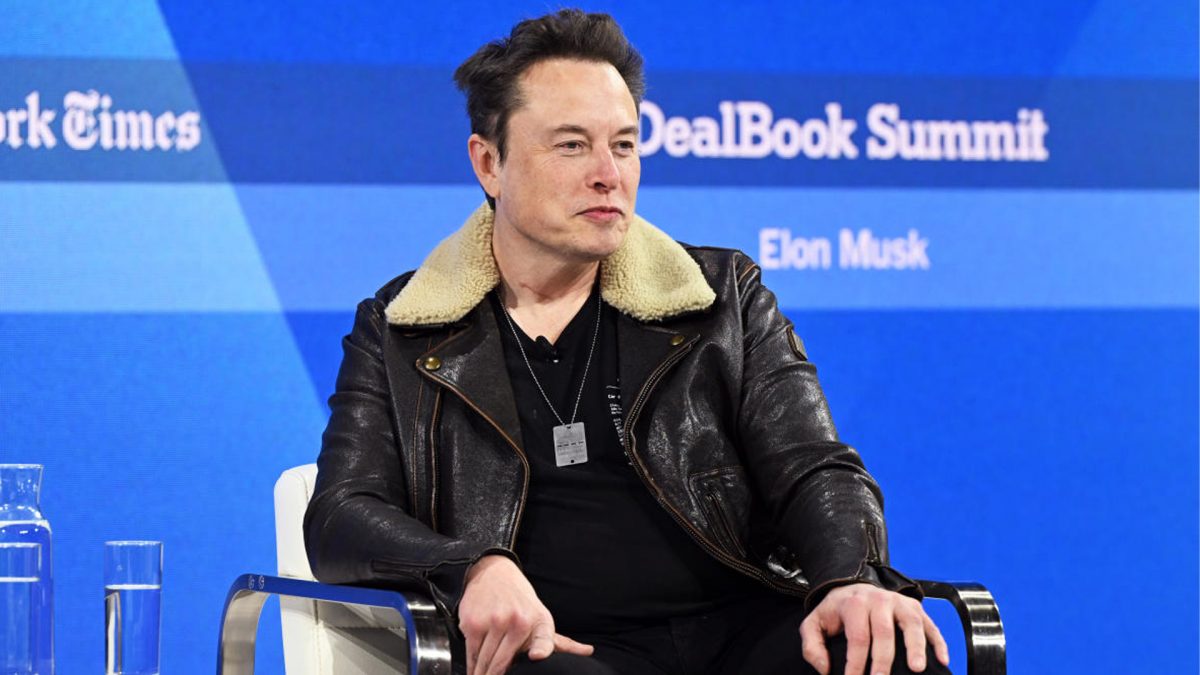X’s lawsuit alleges that the World Federation of Advertisers has misused its influence over brands and advertising agencies to unfairly discriminate against X, boycott advertising with the company read more
)
Months after telling advertisers to 'Go F**K Yourself', X's Elon Musk and Linda Yaccarino are suing brands for not advertising with them anymore. Image Credit: AFP
Elon Musk-led X Corp filed a federal antitrust lawsuit against a leading advertising industry coalition and several of its members, including major companies like CVS Health, Mars, Orsted, and Unilever.
The lawsuit alleges that the group has misused its influence over marketers and advertising agencies to unfairly discriminate against X Corp, resulting in an advertising boycott against the company.
Conservatives’ issues with GARM
This legal action is part of a larger movement by conservative lawmakers and media companies to challenge the Global Alliance for Responsible Media (GARM). GARM was set up by the World Federation of Advertisers or WFA in 2019 to create standards for brand safety in digital advertising. Its members include significant tech firms, advertisers, agencies, ad tech companies, and advertising coalitions.
Recently, conservative media firms, particularly the Daily Wire, have accused GARM of colluding with the ad-buying giant GroupM to dissuade clients from placing ads on conservative platforms. Last month, a hearing on Capitol Hill addressed these complaints.
What is Elon accusing GARM of?
The lawsuit, filed in the U.S. District Court for the Northern District of Texas, claims that GARM, along with numerous non-defendant co-conspirators, conspired to withhold billions in advertising revenue from X Corp, formerly known as Twitter.
A report by the House Judiciary Committee, led by Republicans, suggested that GARM used “shadowy corporate coordination” to silence conservative platforms and stifle conservative voices
A copy of the lawsuit obtained by Axios indicates that GARM sparked a massive advertiser boycott by raising concerns about Twitter’s compliance with its standards after Elon Musk’s acquisition of the platform in 2022.
The lawsuit contends that these actions were against the unilateral economic interests of the advertisers and only made sense as part of a broader conspiracy where advertisers were confident that their competitors were also participating.
Other watchdogs sued
In an open letter to advertisers, X CEO Linda Yaccarino described GARM’s behaviour as damaging to the industry and stressed the need to fix a flawed ecosystem that allows such illegal activities.
X Corp’s lawsuit against GARM is part of its broader strategy to address advertising challenges through litigation. Last year, X Corp sued the progressive watchdog group Media Matters for defamation, accusing it of misrepresenting the amount of hate speech on the platform.
This case is set for trial next year. Another lawsuit against the Center for Countering Digital Hate was dismissed by a judge.
On Tuesday, Rumble announced it would join X in its lawsuit against WFA, GARM’s parent organisation, and would also sue WPP and its subsidiary GroupM, one of the largest ad-buying firms globally. Communications between GroupM and GARM were a focus of the recent congressional hearing.
Advertisers in limbo
X Corp’s advertising revenue has significantly declined since Musk’s purchase of the platform. This year, the company expects to earn about $2 billion in advertising revenue, down from $4.5 billion in 2021, the last full year it was publicly traded.
X Corp argues that the boycott and its effects persist despite the company’s compliance with brand safety standards comparable to its competitors.
GARM is seen by many in the ad industry as a useful tool for making decisions about acceptable advertising environments. It is unlikely that Congress will intervene in this intra-industry dispute, leaving the courts to decide whether to proceed with the case or dismiss it.

 1 month ago
8
1 month ago
8
)
)
)
)
)
)
)
)
)
)
)
)
)
)
)
)
)
)
)
)
)
)
)
)
 English (US) ·
English (US) ·